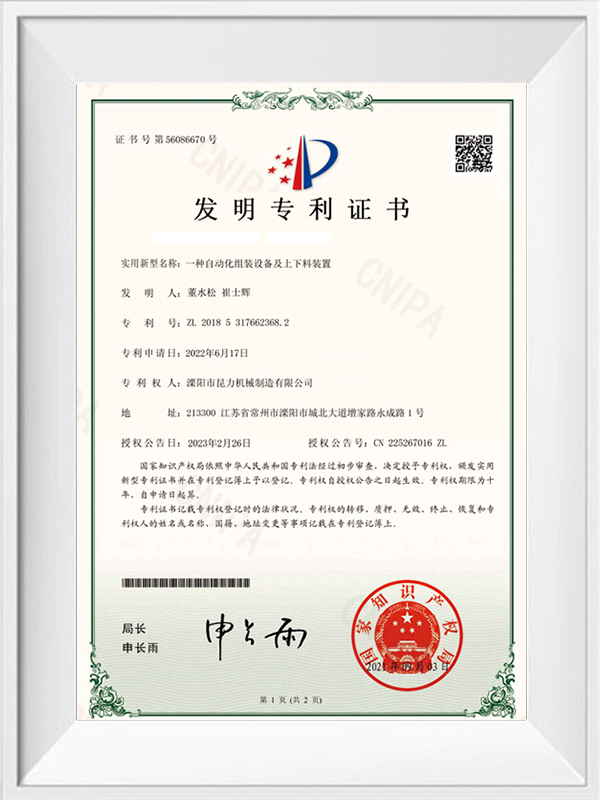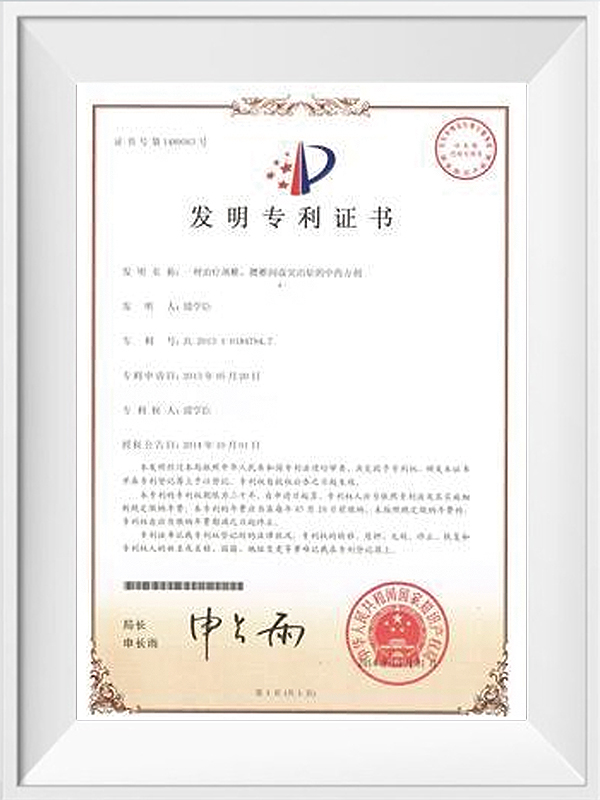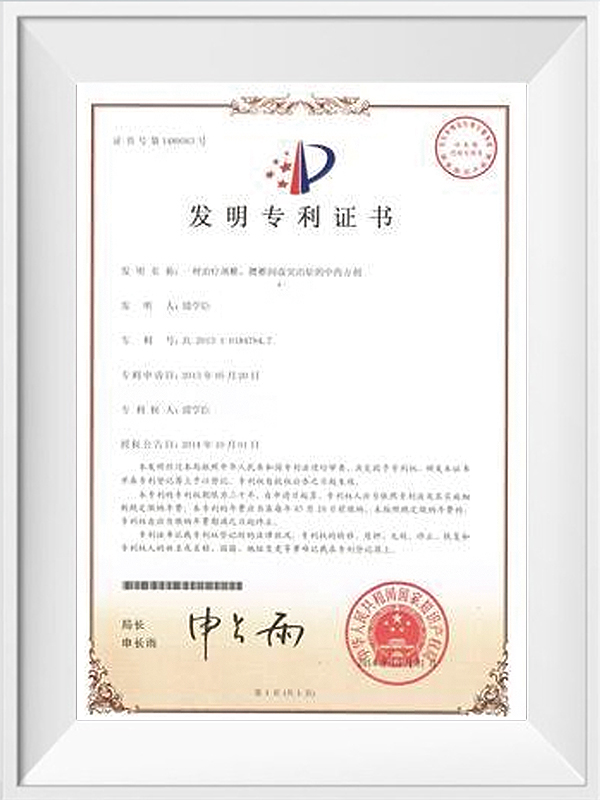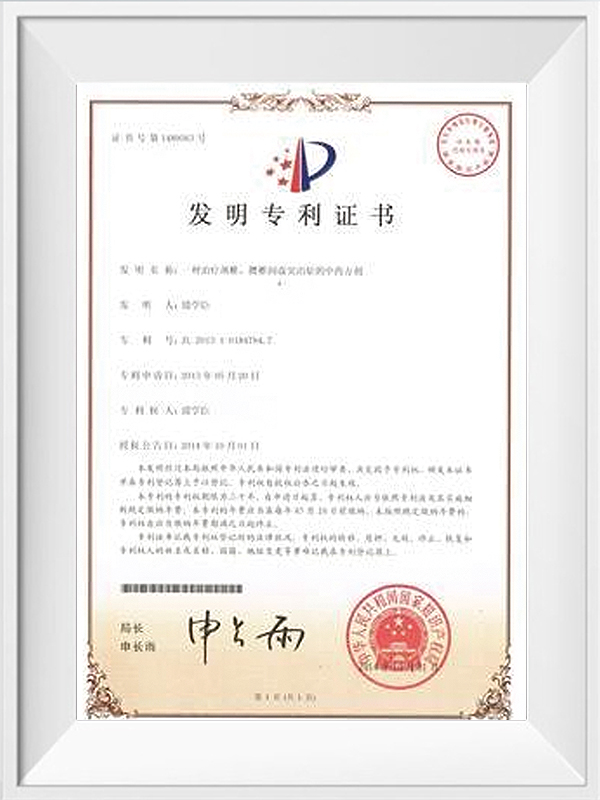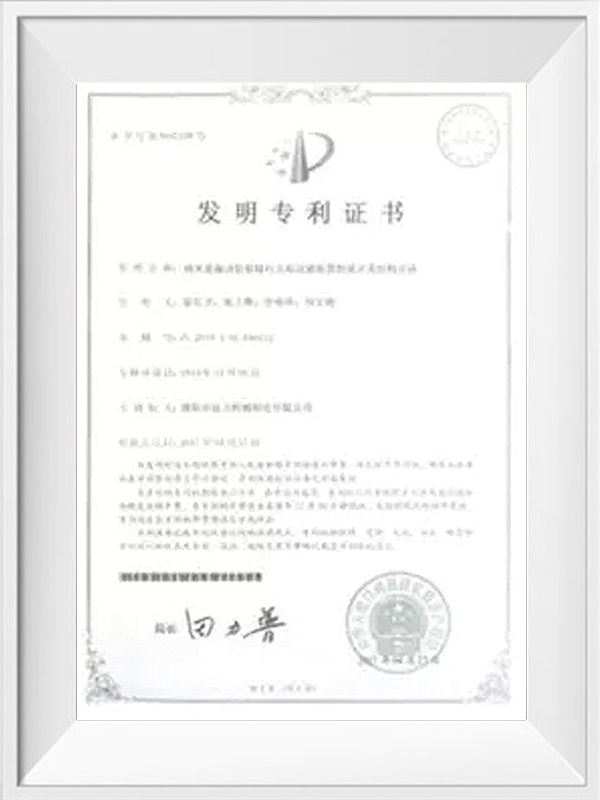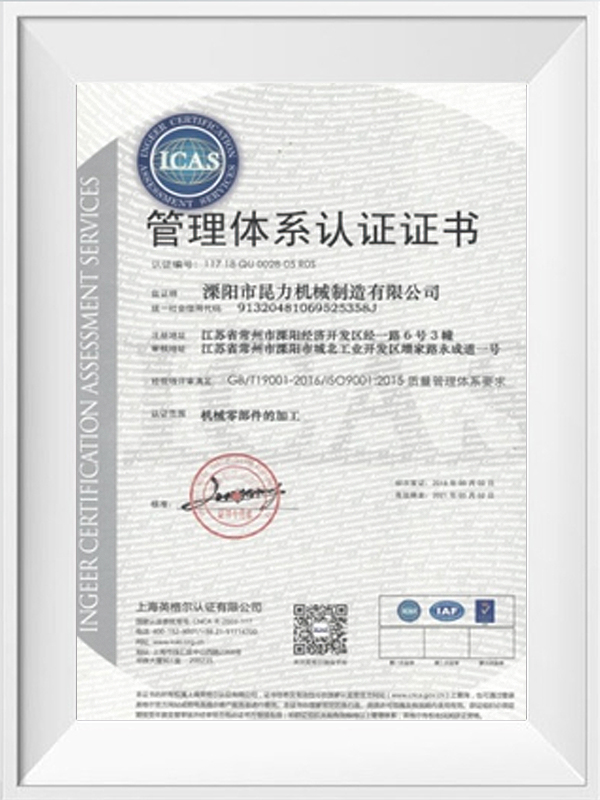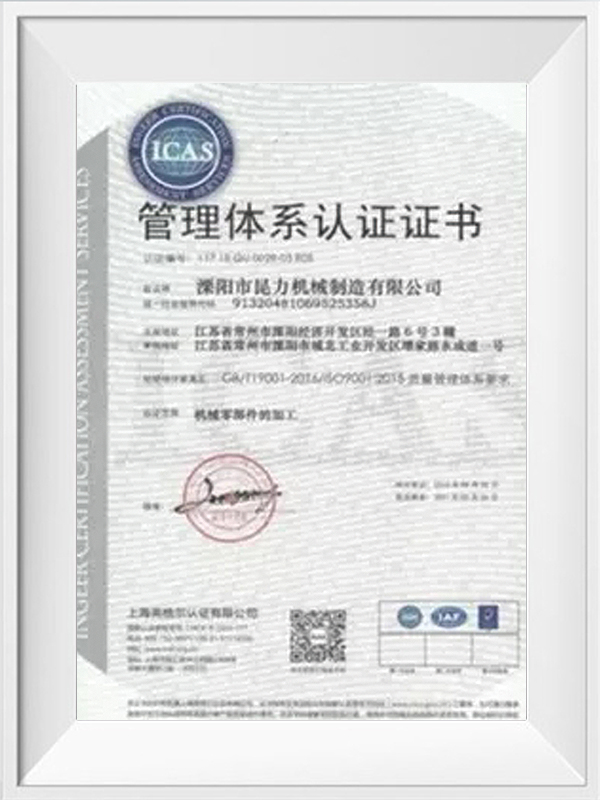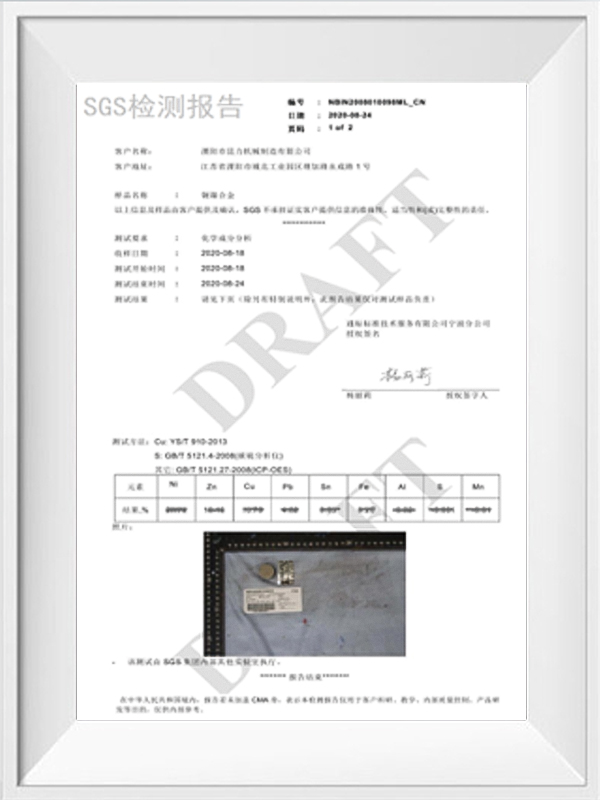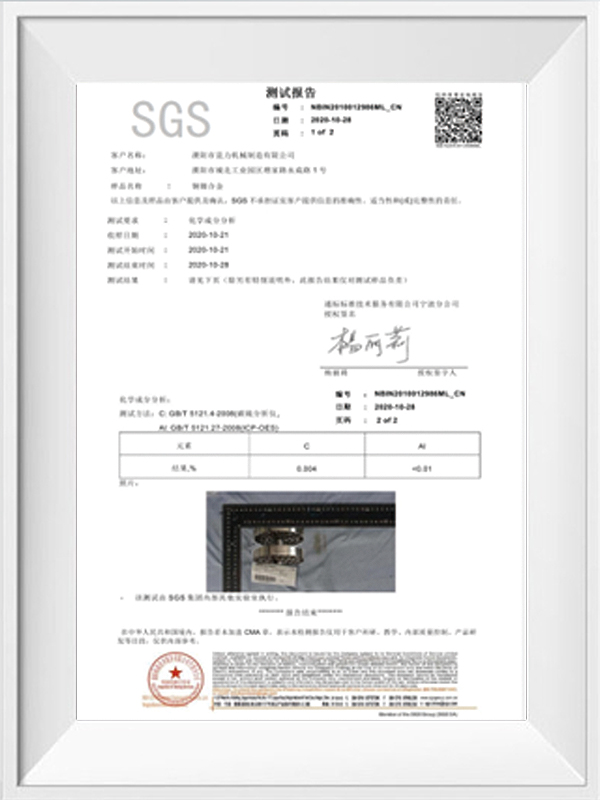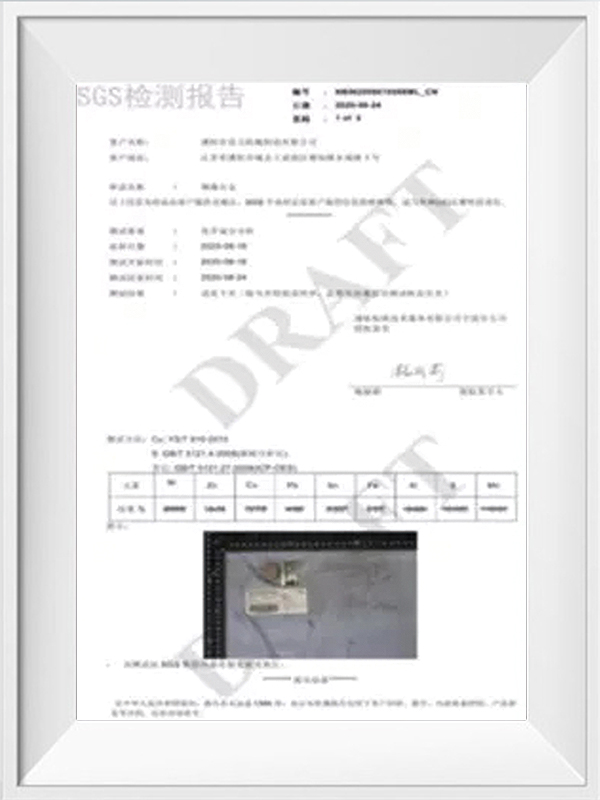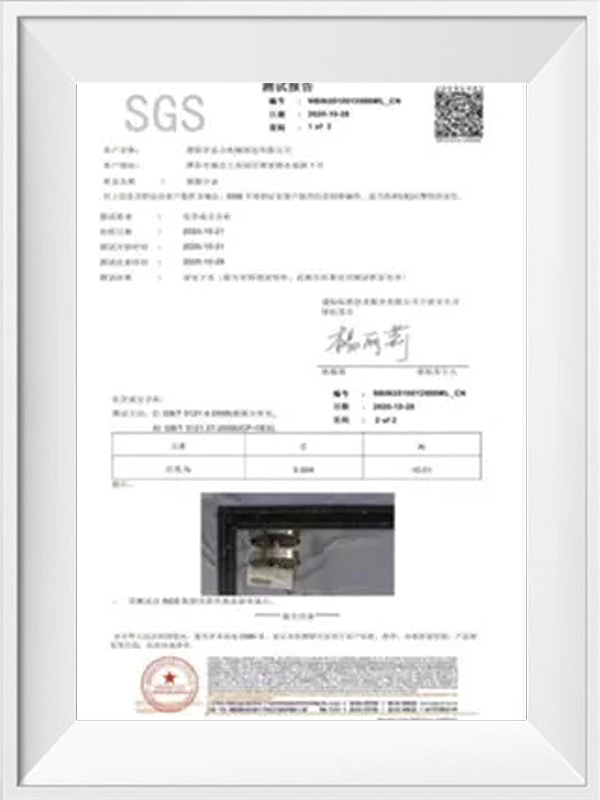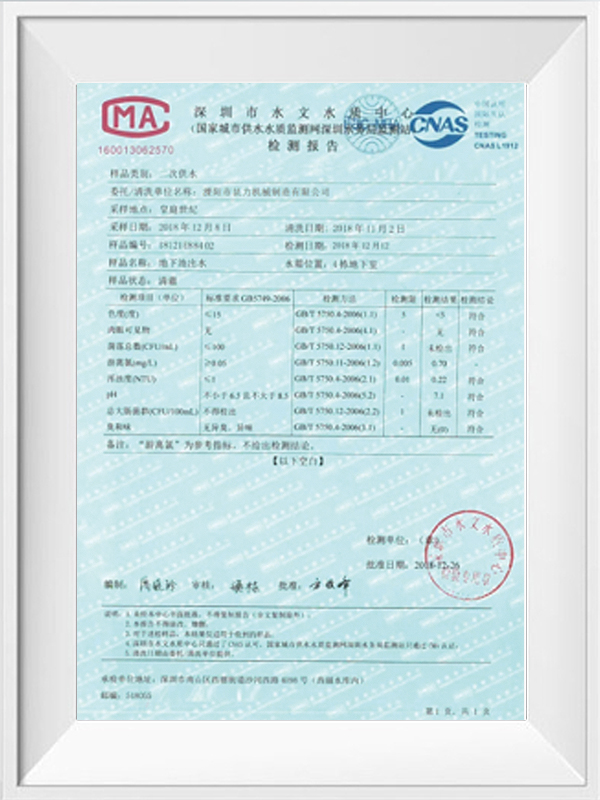Amid the industrialization of third-generation semiconductor materials, silicon carbide (SiC) has be...
READ MOREProduct Series
- - Standard Automated Production Line
-
- Non-Standard Automated Production Line
- - Non-Standard Automated Production Line For Industrial Electrical Appliance Industry
- - Energy Storage Automated Production Line
- - Non-Standard Automated Production Lines For The Automotive Industry
- - Non-Standard Automated Production Line For Food And Beverage Industry
- - Non-Standard Automation In Chemical Industry
- - Non-Standard Automated Production Line For Home Appliance Industry
- - Automated Production Line For Hardware And Building Materials Industry
- - Non-Standard Automated Production Line For New Energy Industry
- - Non-Standard Automated Production Lines For The Consumer Electronics Industry
Custom Non-Standard Automated Production Lines For The Consumer Electronics Industry
Who are we?
Established in 2013, Liyang Kunli Machinery Manufacturing Co., Ltd is a scientific and technological enterprise specializing in the R&D, transformation and production of industrial automation equipment and non-standard automation equipment. We are China Non-Standard Automated Production Lines For The Consumer Electronics Industry Suppliers and Non-Standard Automated Production Lines For The Consumer Electronics Industry Manufacturers. Equipped with dozens sets of precision machining equipment for machining, cutting and welding,etc, the company now has more than 20 design engineers, 5 software and PLC electrical engineers, 3 inspectors, and 16 key CNC technicians. Kuli company has been engaging in the innovation of automatization technology and solution to automatization, so as to promote the progress of the technology of smart factories, non-standard equipment and automated assembly lines. The company has made many technological breakthroughs and achieved success in the projects of high precision equipment, unmanned smart factories, etc, in the course of many years’research and development, and therefore a good range of high-tech, high-precision, cutting-edge products have been designed, developed and produced. The scope of R&D includes the following area: 1. Unmanned smart factories, flexible automation lines, non-standard auto equipment; the design and production of non-standard automatization of assembly lines, intelligent storage, stacking, palletizing and transportation, etc. 2. Stirring, coating, coiling, soft pack sealing, Lithium battery cleaning and assembling in the industry of new energy lithium battery and energy storage; the production process of automatization of energy storage assembly lines, etc. 3. The design of inspection robots(inspection of safe production, fire and water prevention, malfunction of equipment, etc), unmanned automated patrol scheme and relevant turn-key projects. 4. The integrated design of automatization of CCD vision . 5. The design of automatization scheme of AGV handling and integration projects. 6. The design of non-standard customized equipment, special equipment and automation production lines and relevant turn-key projects. Kunli company has been devoting to the R&D and innovation of high precision, cutting-edge equipment for more than a decade, and has accumulated rich technological experience in R&D and manufacture.
-

Advanced Plant Ared
0㎡+ -

Founded In
0 -

Designers
0+ -

Technical Backbone
0+
-
-
Accurately measuring an object's tilt is crucial in many industries, and inclinometers shoulder this...
READ MORE -
The efficient transmission and distribution of electricity is crucial in the vast networks of modern...
READ MORE -
Amidst accelerating globalization and the increasing frequency of various activities, market demand ...
READ MORE -
Grinding plays a crucial role in numerous modern industrial production processes. This is particular...
READ MORE
When designing non-standard automated production lines for the consumer electronics industry, how to evaluate the flexibility and scalability of the equipment?
When designing non-standard automated production lines for the consumer electronics industry, it is crucial to evaluate the flexibility and scalability of the equipment.
1. Flexibility evaluation
Process adaptability:
Analyze whether the equipment can adapt to the changing process and product types of the consumer electronics industry.
Investigate whether the equipment supports the rapid replacement of fixtures, tools or modules to adapt to the production of different products.
Adjustment convenience:
Evaluate the convenience of the equipment when parameters or configurations need to be adjusted, such as whether the software interface is friendly and whether the adjustment steps are concise.
Consider whether the equipment supports remote operation and adjustment to improve production efficiency.
Modular design:
Check whether the equipment adopts modular design, whether the modules are independent and easy to replace and combine.
Analyze the degree of standardization of module interfaces to ensure the convenience of future upgrades and maintenance.
2. Scalability evaluation
Capacity expansion:
Evaluate whether the equipment supports easy expansion of capacity, such as adding workstations, expanding production areas, etc.
Consider whether the equipment supports multi-variety, small batch production mode to meet the needs of the consumer electronics industry.
Technology upgrade:
Analyze whether the equipment is easy to accept new technology and function upgrades, such as adding new sensors, controllers, etc.
Investigate whether the equipment supports software upgrades to adapt to industry development and technological progress.
Expansion cost:
Evaluate the cost-effectiveness of equipment expansion, including equipment purchase cost, installation cost, debugging cost, etc.
Consider whether the equipment expansion will have a significant impact on the existing production process and whether additional employee training is required.
When evaluating the equipment flexibility and scalability of non-standard automated production lines in the consumer electronics industry, it is necessary to comprehensively consider factors such as process adaptability, adjustment convenience, modular design, capacity expansion, technology upgrade and expansion cost.
In the process of achieving the flexibility of non-standard automated production lines in the consumer electronics industry, how can enterprises balance production efficiency and product quality?
In the process of achieving the flexibility of non-standard automated production lines in the consumer electronics industry, the key to balancing production efficiency and product quality for enterprises lies in comprehensive consideration of multiple aspects. Here are some suggestions:
Clarify production needs: First, enterprises need to clarify their own production needs, including product types, production scale, market changes, etc. This helps enterprises customize non-standard automated production lines according to actual needs and ensure the flexibility and adaptability of production lines.
Optimize production processes: Conduct a comprehensive analysis of production processes, identify bottlenecks and optimize adjustments. By introducing advanced automation technology, improve the automation and intelligence level of production lines, thereby improving production efficiency.
Rationally configure automation equipment: According to production needs, select suitable automation equipment to ensure that the production capacity of the equipment matches other links of the production line. At the same time, factors such as equipment failure rate and maintainability should be considered to ensure the stability of production.
Focus on product quality: While pursuing production efficiency, product quality cannot be ignored. Enterprises should establish a strict quality management system to ensure the quality of raw materials and strengthen monitoring and testing of the production process. In addition, by introducing advanced testing technology, improve the detection accuracy and efficiency of products.
Strengthen employee training: Employees are an important part of the production line. Enterprises should strengthen employee training and education to improve their skills and quality awareness. This will help employees better master the operating skills and quality inspection methods of automated equipment, thereby improving production efficiency and product quality.
In the process of achieving the flexibility of non-standard automated production lines in the consumer electronics industry, enterprises should comprehensively consider production needs, production processes, equipment configuration, product quality and employee training. Through continuous optimization and adjustment, balanced development of production efficiency and product quality can be achieved.

 English
English русский
русский عربى
عربى



